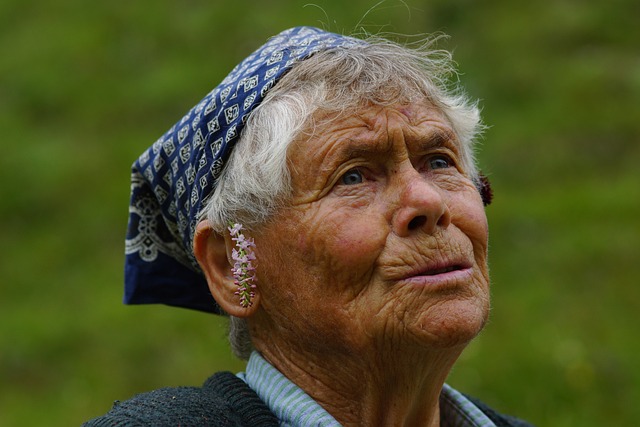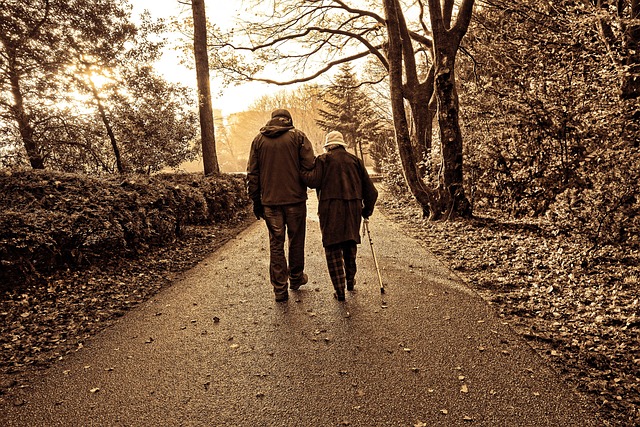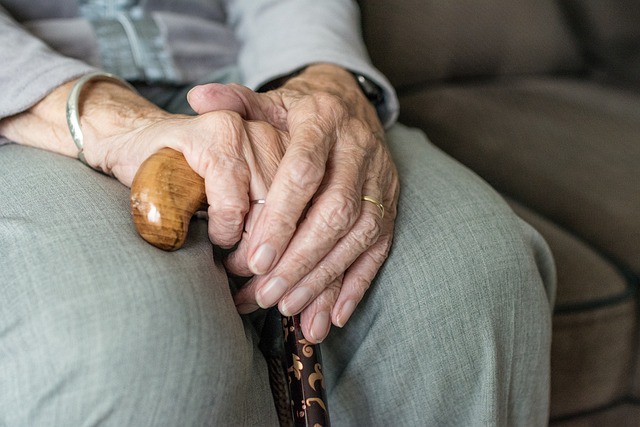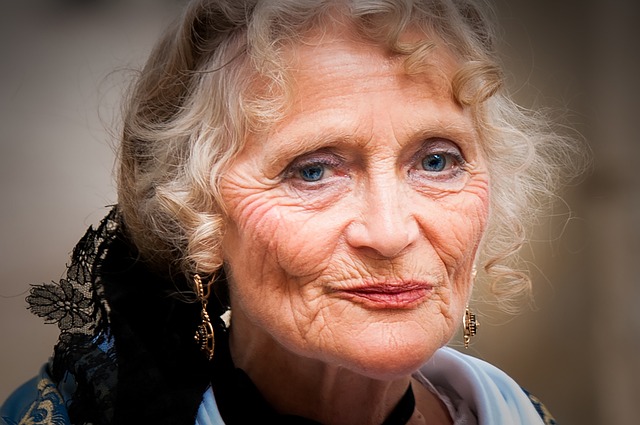Elderly Companion Services offer tailored support and companionship to seniors, enriching their lives by providing personalized interactions that cater to their preferences while promoting independence and emotional well-being. These services are designed to combat loneliness, which can have adverse effects on mental and physical health, by offering social engagement, cognitive stimulation through activities aligned with individual interests, and assistance with technology to facilitate daily tasks. By ensuring community ties are maintained and fostering a supportive environment, these services enhance the quality of life for older adults. They also play a significant role in preventing depression and anxiety, encouraging regular physical activity, and supporting mental health. The adaptability and empathetic approach of Elderly Companion Services make them a vital part of the senior support network, helping to uphold dignity, independence, and a sense of community within the familiarity of home. When selecting a provider, it's crucial to consider the senior's unique needs and personality to ensure a meaningful relationship is formed. Families should look for reputable agencies with qualified staff and a variety of engaging activities, as well as services that offer trials or consultations to guarantee a positive and enriching experience.
As our population ages, the importance of elderly companion services within modern society grows ever more significant. This article delves into the transformative role these services play in enhancing senior well-being, highlighting their multifaceted benefits. From companionship that eases loneliness to support with daily tasks, these tailored solutions ensure a dignified and comfortable life for our elders at home. We will explore the spectrum of companion services available and guide you through selecting a provider that aligns with your loved one’s needs, all while underscoring the critical nature of this support system in their golden years.
- Understanding the Role of Elderly Companion Services in Modern Society
- Evaluating the Benefits of Companionship for Senior Well-being
- Exploring the Varieties and Finding the Right Elderly Companion Service Provider
Understanding the Role of Elderly Companion Services in Modern Society

In modern society, elderly companion services have become increasingly important in addressing the complex needs of the aging population. These services are designed to provide seniors with meaningful interactions and support that complement their lifestyle and maintain their independence at home. The role of these companions extends beyond mere social engagement; they offer a range of activities tailored to the individual’s interests, fostering cognitive stimulation and emotional well-being. This personalized attention helps to mitigate the risks associated with loneliness, which can have detrimental effects on both mental and physical health. By facilitating regular social interaction, elderly companion services ensure that seniors remain connected to their community, enhancing their quality of life. Moreover, these services often act as a bridge between older adults and technology, helping them stay abreast of advancements that can further empower them to manage their daily routines with greater ease. The adaptability and compassionate nature of elderly companion services make them an integral part of the support system for seniors, promoting dignity, independence, and a sense of belonging within the comfort of their own homes.
Evaluating the Benefits of Companionship for Senior Well-being

The importance of companionship for seniors cannot be overstated, as it plays a pivotal role in their overall well-being. Elderly companion services are designed to provide a consistent presence and personal interaction, which can significantly enhance an elderly individual’s quality of life. These services offer more than just company; they provide a supportive environment that fosters emotional health, cognitive stimulation, and social engagement. Studies have shown that regular interaction with a companion can lead to improved mental health outcomes for seniors, including a reduced risk of depression and anxiety. Moreover, companionship can encourage older adults to maintain routine physical activities, which is crucial for their physical health and mobility. The presence of a companion also serves as a deterrent against isolation, a condition that has been linked to various adverse health effects in the elderly population. By offering tailored services that align with the individual’s preferences and needs, these companion programs help ensure that seniors receive the attention and care necessary for a fulfilling life at home.
Exploring the Varieties and Finding the Right Elderly Companion Service Provider

As individuals age, maintaining a sense of companionship and social interaction becomes increasingly important for their well-being. Elderly companion services offer a tailored solution to address this need, providing seniors with consistent, friendly, and engaging presence that can significantly enhance their quality of life. These services range from professional caregivers who offer companionship as part of a broader home care package to specialized organizations dedicated exclusively to social engagement for seniors. When exploring the varieties of elderly companion services, it’s crucial to consider the unique preferences, needs, and personality of the senior in question. A good match between a companion and their client leads to meaningful interactions that can alleviate loneliness, stimulate mental acuity, and offer emotional support.
Selecting the right elderly companion service provider involves careful consideration of various factors. Prospective clients and their families should research local agencies offering companion services, evaluating their reputation, the qualifications of their staff, and the range of activities they facilitate. It’s also important to consider the level of care required and whether the service can be adapted as the senior’s needs evolve over time. Many providers offer a trial period or an initial consultation, which allows for a personal assessment of compatibility between the companion and the individual. This ensures that the chosen service not only meets the practical aspects of companionship but also fosters a genuine and enriching relationship, making every day a little brighter for seniors living at home.
In concluding, the importance of elderly companion services in modern society cannot be overstated. These tailored care solutions significantly enhance senior well-being by providing companionship, a crucial aspect of daily life that contributes to mental and emotional health. As our population ages, the demand for such services grows, necessitating a diverse array of providers to match the varying needs of seniors. By carefully evaluating and selecting the right elderly companion service provider, families can ensure their loved ones receive the care and companionship they deserve, leading to improved quality of life and peace of mind for all involved. Embracing these services is not just a matter of convenience but an essential component of a supportive and compassionate society.






